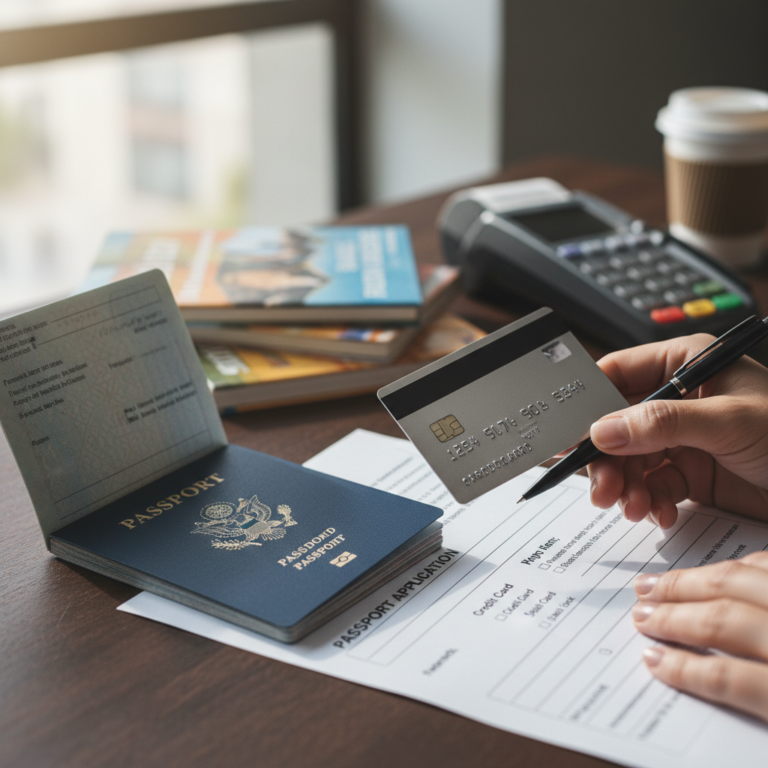As a college student, you might wonder whether having a credit card is a wise choice for your financial future. On one hand, credit cards can help you build a credit history and offer flexibility for managing expenses. On the other hand, the potential for debt and high-interest rates can be concerning. Understanding these nuances is essential, as the decision can greatly impact your financial habits. So, what factors should you consider before making this important choice?
Benefits of Credit Cards
Credit cards can offer college students valuable benefits, including building credit history and providing financial flexibility in unexpected situations. By using a credit card responsibly, you can establish a solid credit score, which is essential for future financial endeavors, such as securing loans or renting an apartment. Furthermore, credit cards often come with rewards programs that can benefit you through cash back or travel points, making everyday purchases more rewarding. Additionally, having a credit card can serve as a safety net during emergencies, allowing you to cover unforeseen expenses without immediate cash. With proper management, you'll learn budgeting skills that can contribute to long-term financial health. Overall, the judicious use of credit cards can enhance your financial security and stability.
Risks of Credit Card Use
Using credit cards can lead to significant financial pitfalls if not managed wisely, including accumulating debt and damaging your credit score. Many college students may not fully grasp the consequences of overspending or missing payments, which can spiral into financial stress.
Here's a breakdown of potential risks:
| Risk | Description |
|---|---|
| Accumulated Debt | Uncontrolled spending can lead to high balances. |
| High-Interest Rates | Unpaid balances incur interest, increasing debt. |
| Credit Score Damage | Missed payments negatively affect credit ratings. |
Understanding these risks is vital for making informed decisions about credit card use. It's important to develop a budget and use credit responsibly to avoid these pitfalls and guarantee financial stability.
Building Credit History
Establishing a solid credit history is vital for college students, as it can greatly impact future financial opportunities like loans and housing. When you use a credit card responsibly, you demonstrate to lenders that you can manage debt effectively. This responsible usage includes making timely payments and keeping your balances low. Each on-time payment contributes positively to your credit score, which lenders consider when you apply for mortgages or car loans. Additionally, having a credit card can help you build a credit mix, which is another factor in determining your creditworthiness. It's important to monitor your credit report regularly to guarantee accuracy and avoid potential issues that could arise from identity theft or errors. Building your credit history now sets you up for financial success later.
Managing Financial Responsibility
Managing a credit card effectively requires a clear understanding of your financial limits and the discipline to stick to a budget. It's vital to assess your income and expenses to determine how much you can afford to charge without falling into debt. Setting a monthly spending limit helps prevent impulse purchases and guarantees you don't overspend. Regularly reviewing your statements will help you track your spending habits and identify areas where you might cut back. Additionally, making timely payments is essential to avoid late fees and maintain a positive credit score. By being aware of your financial situation and adhering to a planned budget, you can cultivate a sense of financial responsibility that will serve you well in the long run.
Tips for Responsible Use
Understanding your financial limits sets the stage for implementing effective strategies for responsible credit card use. First, create a budget that outlines your income and expenses, ensuring you can pay off your balance each month. Avoid using your credit card for unnecessary purchases; instead, reserve it for emergencies or planned expenses. Monitor your transactions regularly to track spending and identify any unauthorized charges promptly. Additionally, consider setting up alerts for due dates and spending limits to maintain awareness. Finally, remember that building credit takes time; make small, manageable purchases to establish a positive credit history without overextending yourself. By following these guidelines, you can enjoy the benefits of credit cards while minimizing financial risks.


